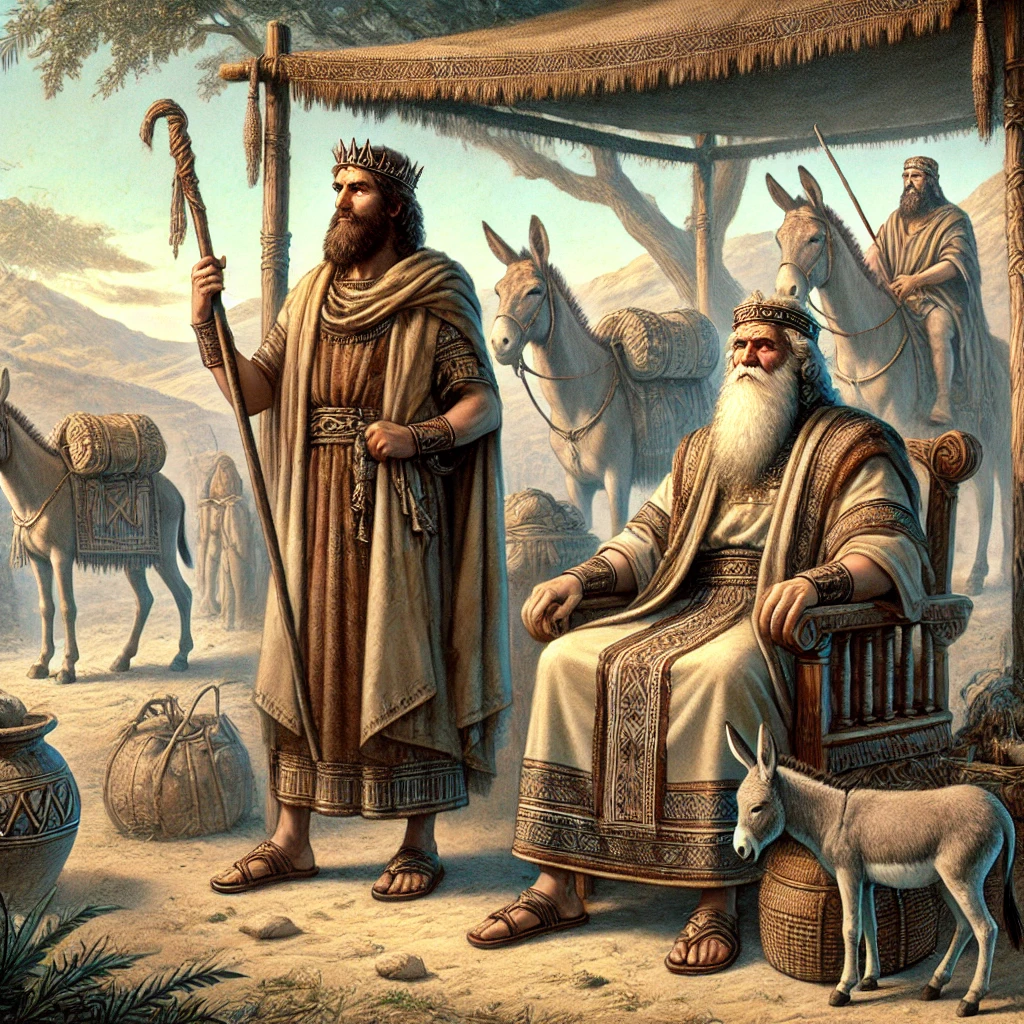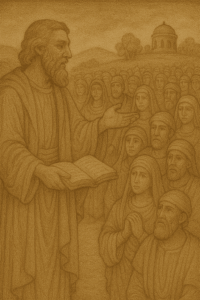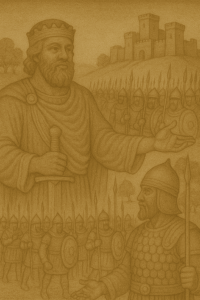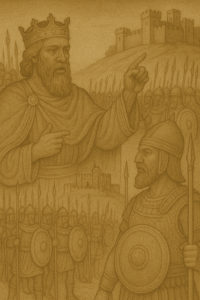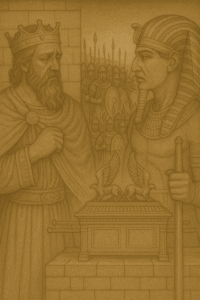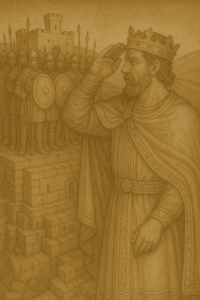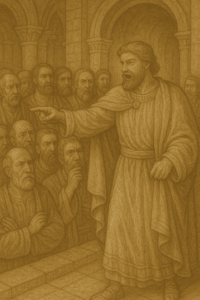Judges Chapter 10 serves as a transitional chapter in the Book of Judges, introducing two lesser-known judges, Tola and Jair, and setting the stage for the subsequent narratives of Jephthah and others. This chapter also describes Israel’s repeated cycle of sin, repentance, and deliverance, highlighting the nation’s spiritual struggle and need for divine intervention.
The judgeship of Tola and Jair.
The chapter begins by introducing Tola, the son of Puah, from the tribe of Issachar. Tola arises to save Israel after the tumultuous reign of Abimelech. He leads Israel for 23 years, residing in Shamir in the hill country of Ephraim. Though not much is detailed about his judgeship, Tola’s leadership signifies a period of stability and governance following Abimelech’s chaos.
After Tola’s death, Jair from Gilead becomes the next judge of Israel. Jair’s judgeship lasts for 22 years, and he is known for his 30 sons who ride on 30 donkeys and control 30 towns in Gilead. This detail about his sons suggests a degree of wealth and influence. However, like Tola, the narrative does not provide extensive details about Jair’s actions or challenges, implying a relatively peaceful period in Israel’s history.
Israel’s sin and oppression.
After the death of Jair, the Israelites fall back into a cycle of sin. They turn away from the Lord and worship various foreign gods, including the Baals, Ashtoreths, and the gods of surrounding nations such as Aram, Sidon, Moab, Ammon, and the Philistines. This repeated idolatry leads to divine anger, and God allows the Ammonites and Philistines to oppress Israel. The Ammonites cross the Jordan to attack Judah, Benjamin, and Ephraim, bringing great distress to Israel.
Israel’s repentance and God’s response.
In their suffering, the Israelites cry out to the Lord, confessing their sins and pleading for deliverance. God initially responds by reminding them of their repeated unfaithfulness and how He has delivered them numerous times in the past, only for them to turn back to idols. He challenges them to seek help from the gods they have chosen. However, when the Israelites persist in their repentance and put away their foreign gods, God is moved by their misery and decides to intervene once again.
Theological reflections.
Judges Chapter 10 highlights the recurring themes of disobedience, judgment, repentance, and mercy that characterize the Book of Judges. The brief mentions of Tola and Jair suggest that not all periods of leadership were marked by dramatic events; some were times of relative stability. However, Israel’s pattern of turning away from God serves as a warning about the dangers of complacency and idolatry.
The impact of Judges chapter 10.
This chapter sets the stage for the story of Jephthah in the following chapters, showing Israel’s continuous need for divine deliverance. It emphasizes the importance of genuine repentance and the mercy of God, who remains faithful even when His people are not.
